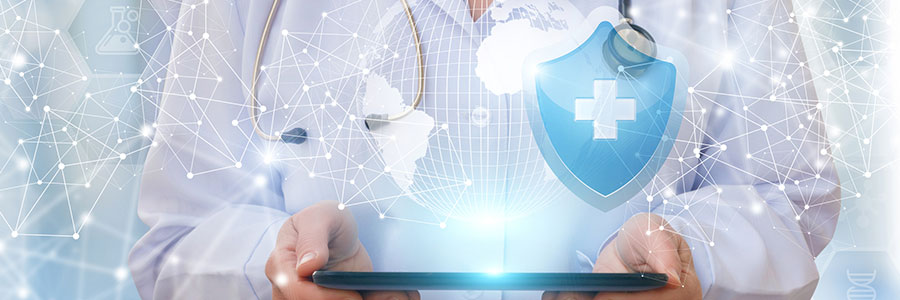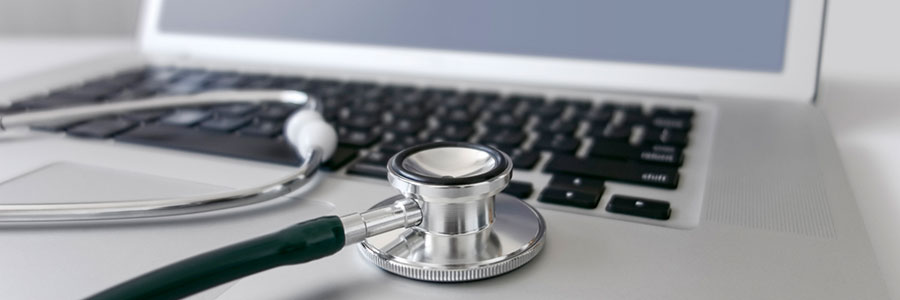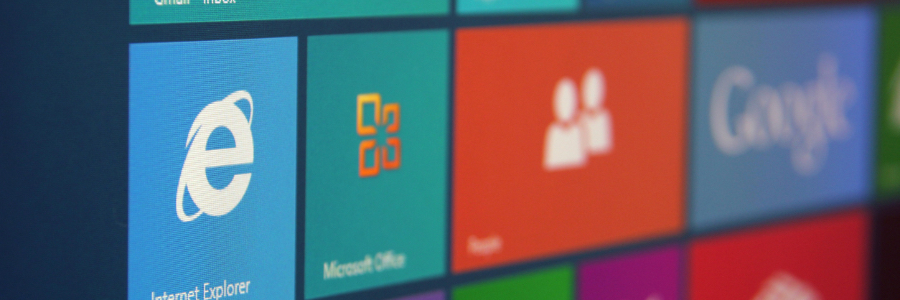HIPAA was established to protect the privacy of medical providers and their patients. And while there are no specific guidelines when it comes to social media usage in healthcare, every healthcare organization must implement security protocols that adhere to privacy policies.
Social media guidelines to stay HIPAA-compliant
The benefits and drawbacks of EHRs

Numerous digital advancements enable healthcare organizations to address several key industry challenges, such as safeguarding medical records and providing better care management for patients. Electronic health records (EHRs), in particular, allow quick access to patient records, helping healthcare organizations diagnose patients more effectively, reduce medical errors, and provide safer care.
IoT in healthcare: Addressing security and privacy issues

From mobile apps that keep track of daily medication to smart operating room systems, the Internet of Things (IoT) is delivering greater convenience and functionality to healthcare practitioners and patients alike. However, the proliferation of IoT devices also brings new risks, vulnerabilities, and security challenges.
Preventing insider threats in the healthcare sector

Insider threats are security risks that come from within your organization. They could be any of your current or former employees, contractors, or associates who have knowledge about your computer systems and can expose your data. They are a major issue in many industries, the healthcare sector included.
The benefits of cloud computing in healthcare

Cloud computing is gradually becoming the norm for healthcare organizations around the world. Whether via a browser-based tool or a mobile app, it’s easier than ever to deliver patient care from anywhere with an internet connection. If you’re still hesitant to embrace cloud technology, it’s time to reconsider.
How does telemedicine help patients?
How AI is revolutionizing healthcare

Artificial intelligence (AI) has the potential to radically change the face of the healthcare industry — in fact, it already has. Here are some of the ways that AI has benefited medical professionals and patients alike.
Virtual personal health assistants
At the helm of the AI revolution are virtual personal health assistants.
Improving healthcare systems with big data
4 Important details about HIPAA compliance

Getting your practice up to code when it comes to Health Insurance Portability and Accountability Act (HIPAA) regulations can seem challenging upon first glance, but knowing where your IT efforts must be focused is the first step. In this article, we’ll zero in on four of the most critical items you must look into to become HIPAA-compliant.




